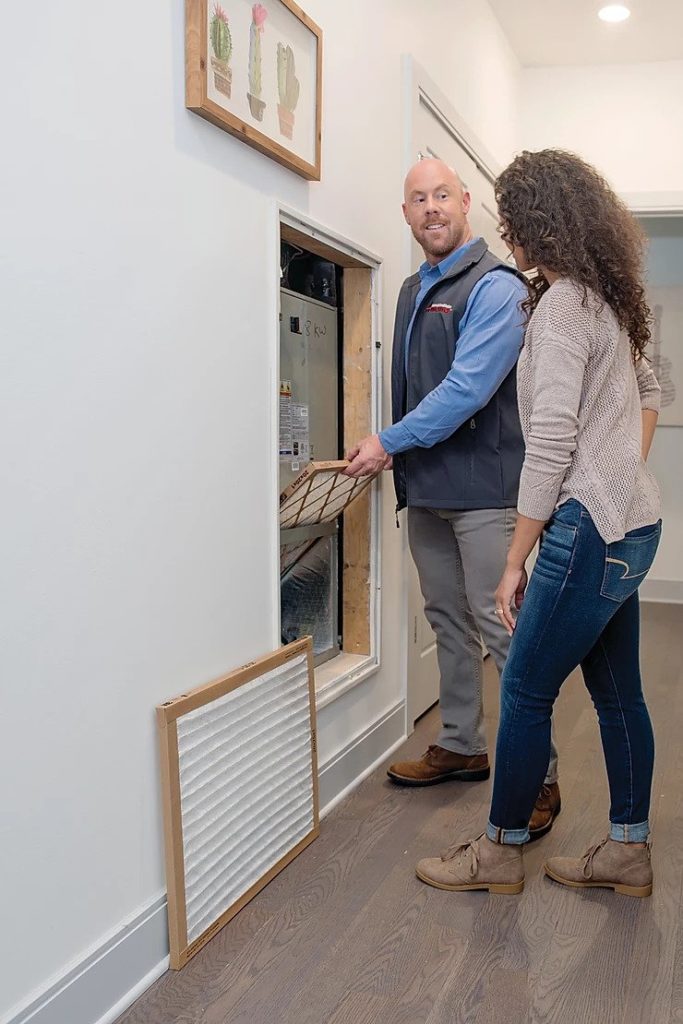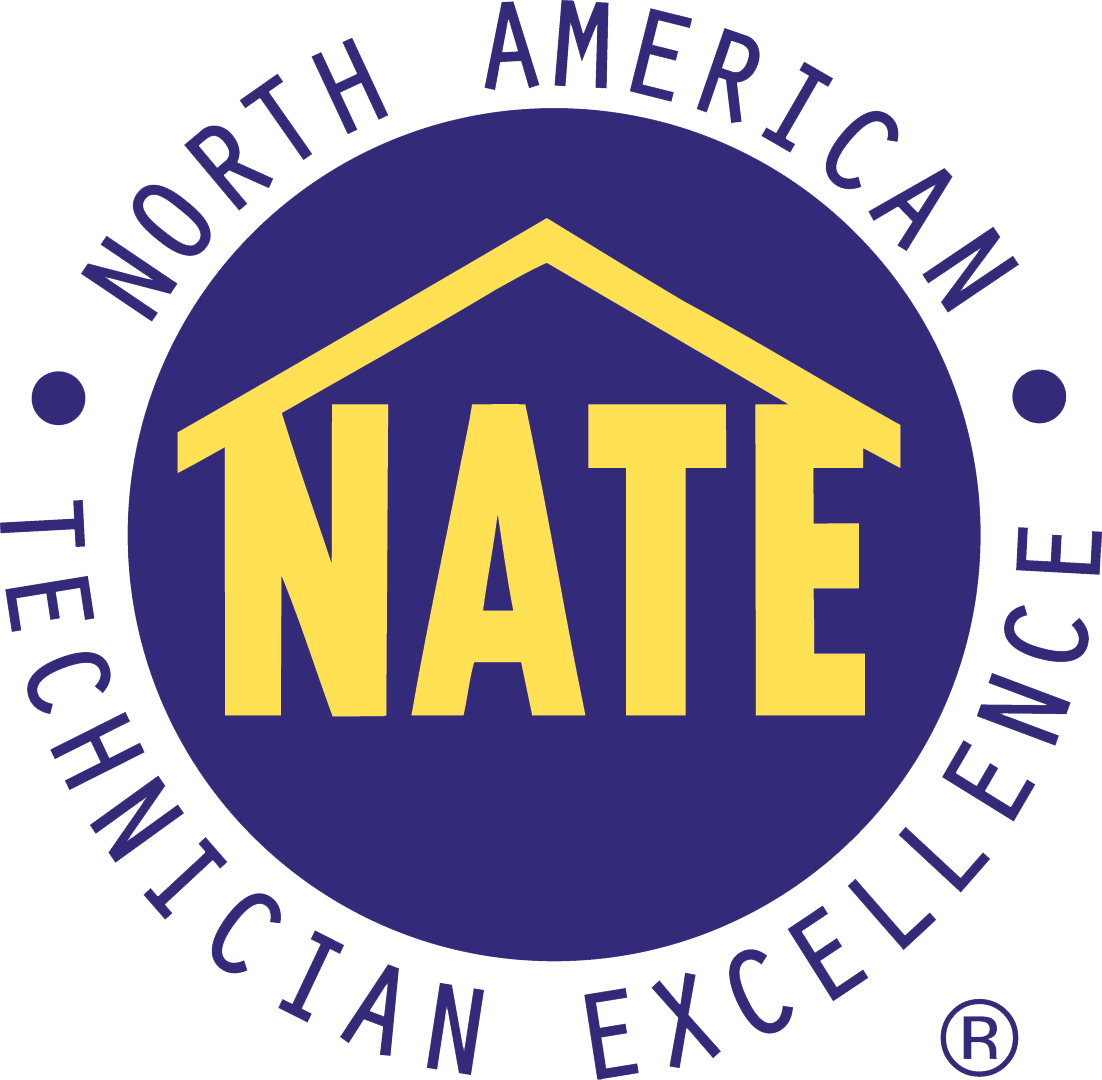Ok, let’s discuss a topic I get questions on a lot. HVAC maintenance. I think by now most Arizona residents have either received maintenance on their heating and cooling systems or have been offered maintenance plans or programs. There has become so much misinformation and misconception of heating and cooling maintenance that it’s no wonder homeowners are often left wondering if this is valuable or a needed expense in your home. Or why this guy needs to be in my attic for an hour? What did he do?
First of all, let me be the first to say, not all Maintenance programs are created equal…. In my time in the heating and cooling repair biz, I’ve worked a few places. Over the years I have come to realize that repair and maintenance of mechanical systems are like a strange new-age religion to companies and customers alike. So many different beliefs on what needs to be done, when, in what way, what works or helps… like some sage HVAC fairy coming to bless your equipment in hopes of avoiding the dreaded summer breakdown.
Pardon the dramatics, but it’s not far from true. Ever wonder why if you ask 5 different technicians what matters on your HVAC system you will get 5 different answers? The answer is simple really, it’s a misconception, misinformation, and bad teaching.
We have to take some accountability here for our failures as technicians, in communicating to you the customer and educating you on your home. To do this we must first ourselves be educated. So allow me to try and “clear the air” here….(pun intended).
Why is a maintenance program good for you, the consumer?
A proper and thorough maintenance will do a couple of things for you. It’s not (or shouldn’t be), about getting you a discount on repairs or giving you priority service if you break down…which I never understood anyway, none of my customers are less of a priority than the other, but I digress.
No, maintenance should be Number 1….. a good old fashioned cleaning of your condensing coils, motors, control panels, drain lines, and filter change. As a service manager for a couple of companies, nothing would frustrate me more than to go to Maintenance customer’s home, open up a panel and see about an inch of dust and charolettes web strewn across the controls like a 4 bedroom condo for arachnids. But we just performed maintenance…. I have a simple saying, a clean unit is a happy unit! Keeping your system clean keeps your operating efficiency up (less electrical consumption) and prevents breakdowns. Simple as that, If its clean, controls are less likely to stick and fail as they heat up and cool down from use, motors are less likely to overheat, and the system can operate as designed. It wasn’t designed to run dirty. Keep it clean, it will be as close to new as possible. At least on your electric bill.
Number 2 maintenance should be a thorough testing of your components…ok here is where it gets confusing. What gets tested and how?? I have found in my industry, sadly that the majority…yes the majority, of technicians have trouble explaining what each component does and how it works…even what it is….but they will sell you one! Run Capacitor anyone?? Hey! There’s a good example. The run capacitor. Let’s break that one down. I’ve seen many many many techs condemn…or not condemn a run capacitor. Here is the religious part. From reasons of leaking or not leaking oil, being dented, rusted, or bad mfd reading. SO…. first let’s explain what it is, why its there, and how to test it. Period.
The run capacitor is used in single-phase equipment to provide a shift in electrical phasing to allow an electric start motor to turn and run. It’s not a battery. Its a capsule filled with a dielectric, separated with insulators. Over time and use, or bad electrical connections or a failing motor the insulator wears down inside, sometimes oil leaks, but not always, or it just shorts altogether and gets swollen and puffy looking. It’s the weakest part of an electrical high voltage circuit in your HVAC system as far as the loads go, and yes, they fail a lot. But now you know why.
I really could write much more about that one part, but you get the point. NEXT, how is it tested? The best way and most accurate is under a load. Period. To do this you take an amp draw on the motor lead while running, multiply your reading by 2654. Then probe the terminals to read applied voltage and divide by the first number. Now, of course, this is not always safe and probably why it isn’t taught to many techs anymore. But it’s accurate. The other way is to shut off the power to the unit, get your meter, disconnect the capacitor from the leads, and “bench test” the Microfarad reading. In either case, if it is above or below 5 to 6% of the rating, it’s bad. Period. That’s it. Look no further. Replace it. That is per the manufacture….not an opinion. If it isn’t above or below the rating, leave it alone. I don’t care if it’s rusty or dented. If it ain’t broke don’t fix it!
Ok enough about capacitors, I think you all get the point. We need to check these things out and inform you, our beloved customer of our findings. Like a visit to the doctor, you may not want to hear what is being told to you, but it’s for your own good. It also is our job on maintenance calls to provide solutions and inform you professionally of options you have. Nothing more embarrassing to get a phone call that your company just performed maintenance and now the darn thing doesn’t work! This also requires a large knowledge and skillset to inform you of what state your unit is in. It’s our job to provide you comfort in your home and to keep it running as best as we can.
I tell my customers, heating and cooling system should be 3 things. Comfortable, Quiet, and Efficient. That leads to reliability. If it isn’t one of those 3 things then you will be seeing me before you want to. That’s works the other way as well…noisy and uncomfortable, it is expensive and will break. We need to be better at listening to you and providing solutions, not just selling parts and equipment. The house has a system, the system needs to be looked at as a whole.
The last part I will discuss is safety. Especially gas appliances, but Air Conditioning too. Safety is paramount, I think we can all agree there. It’s my job when I walk away to know that you are as safe as possible. These systems have high and low voltage electrical circuits (fire hazards potentially), high-pressure refrigerants, gas, flame, and condensation. Some are on roofs or in attics, or hallway closets. We need to walk away knowing to the best of our ability your system is safe.
I think that covers the majority of what maintenance is. I hope I have addressed some issues and highlighted the benefits of maintaining your heating and cooling system.
In review, what have we learned?
Your system should be clean, your parts should be running as designed, you should be comfortable, and you should be safe.
If you have further questions…just give us a call at Air Dynamics Northern Arizona, speak to me and I’ll be happy to chat with you about it. Thanks for reading, and I will see you soon for your pre-summer maintenance!







